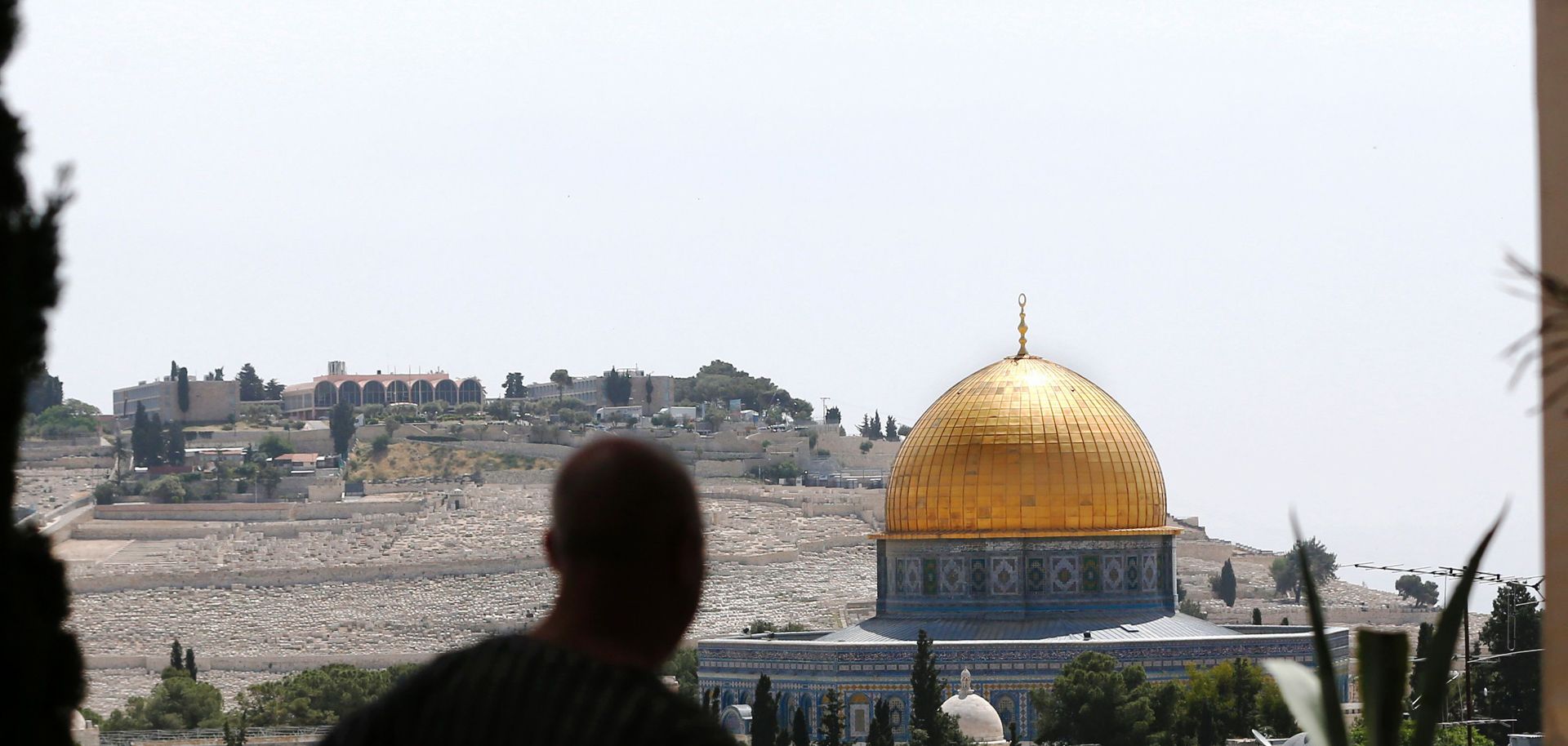Religion seeks to transcend the boundaries of the physical world, but holy sites are confined within political borders by necessity. The interplay of the spiritual and physical can affect the dynamics of power between the states that administer such sites and the religious communities that worship there. Religious locations can be, in some ways, a double-edged sword for the countries that control them: On one hand, they grant legitimacy to their protectors, but on the other, they often ensure that their rulers are held to higher spiritual standards. But the goals of the pious do not always align with the political and security imperatives of a nation.
The Middle East has no shortage of significant religious landmarks, but some of the world's most famous can be found in Israel, the Palestinian territories and Saudi Arabia. One need only look at the Temple Mount in Jerusalem or the Kaaba in Mecca to...


